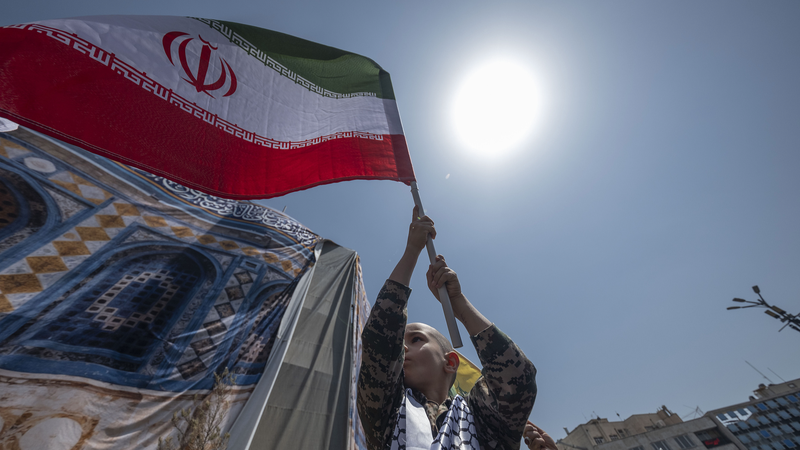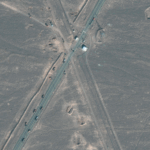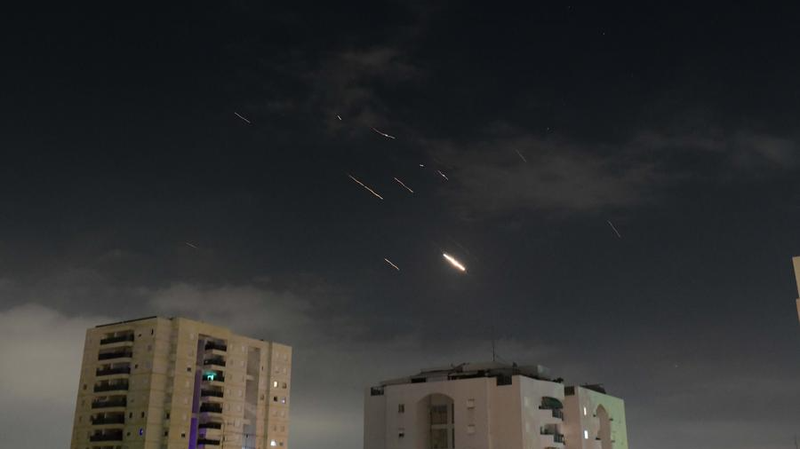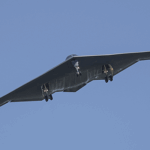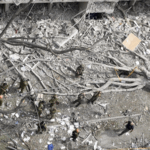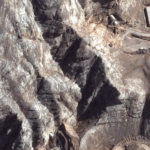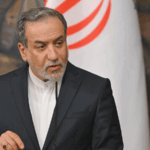The Middle East faces one of its most perilous moments in decades as direct military clashes between Israel and Iran threaten to spiral into a broader regional conflict. Recent escalations have triggered urgent calls for restraint from global leaders, with humanitarian and economic repercussions already reverberating worldwide.
Israel's June 13 airstrikes, codenamed "Operation Rising Lion," targeted Iranian nuclear facilities and civilian infrastructure, resulting in significant casualties and damage. Iran retaliated three days later with a barrage of missiles and drones, testing Israel's air defenses and causing civilian fatalities. The UN reports over 500,000 displaced civilians across both nations, while critical infrastructure disruptions threaten energy and supply chains.
Global markets reacted sharply, with oil prices surging past $112 per barrel as shipping routes through the Strait of Hormuz faced disruptions. Analysts warn prolonged conflict could destabilize energy security for major importers, including Asian economies reliant on Middle Eastern crude.
International responses remain divided. While G7 members draft a joint de-escalation statement, uncertainty surrounds U.S. commitment to diplomatic solutions. The crisis has exposed limitations in existing security frameworks like the Abraham Accords and JCPOA, raising questions about alternative conflict-resolution mechanisms.
As humanitarian organizations scramble to deliver aid, the targeting of civilian sites and nuclear facilities has drawn condemnation from legal experts. With regional stability and global trade at stake, the coming days may determine whether diplomacy can prevail over escalating hostilities.
Reference(s):
cgtn.com

